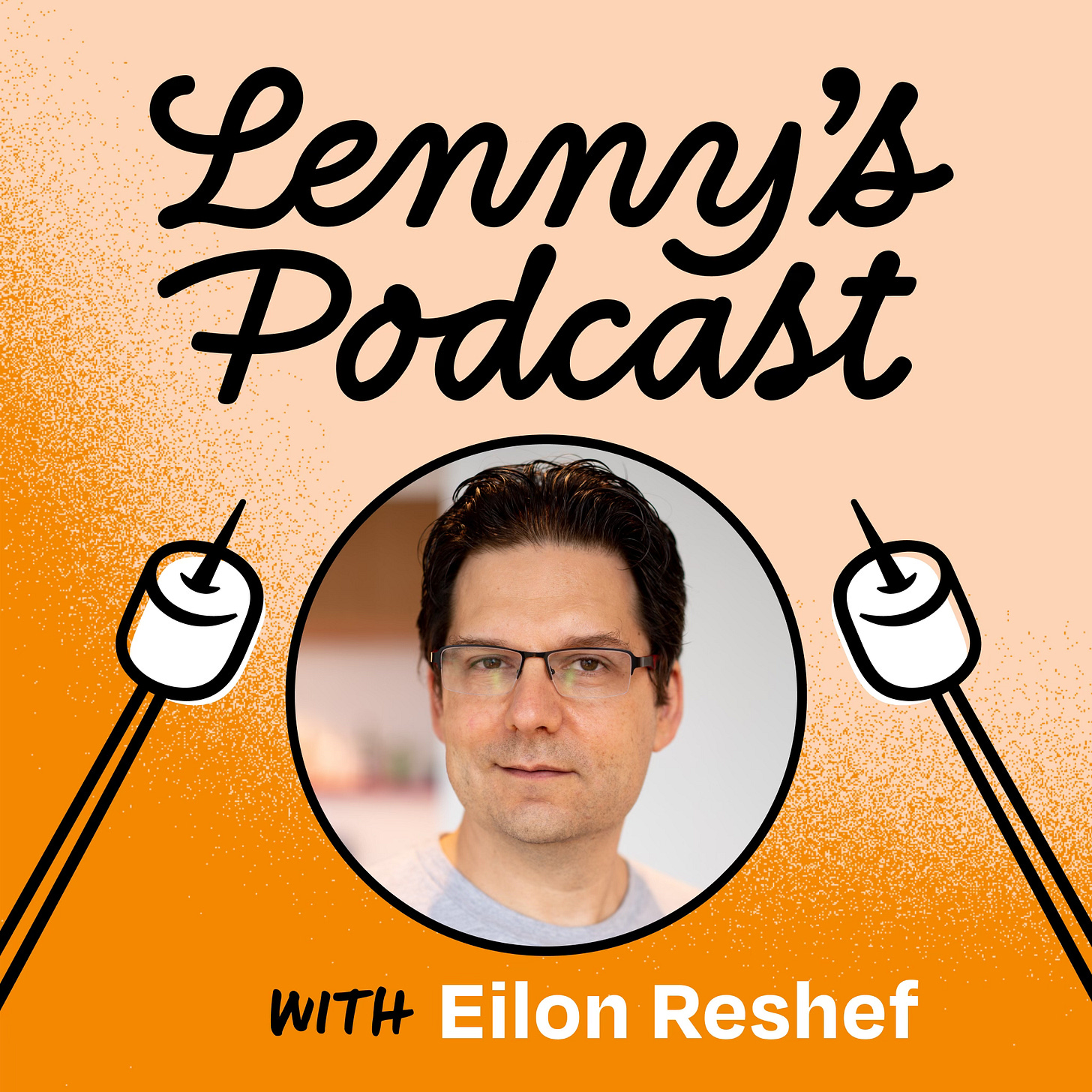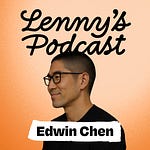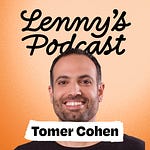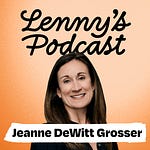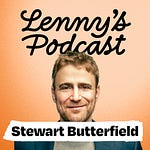Listen now on Apple, Spotify, and YouTube.
Brought to you by:
• WorkOS—Modern identity platform for B2B SaaS, free up to 1 million MAUs
• Think Fast Talk Smart—Tools and techniques to help you communicate more effectively
• Vanta—Automate compliance. Simplify security
—
Eilon Reshef is the co-founder and chief product officer at Gong, one of the most ubiquitous B2B products in the world. In our conversation, we discuss:
Gong’s unique approach to working with design partners
Their unique pod model
Why Eilon makes big decisions quickly
Lessons learned from being early in AI
The power of extreme focus
His “spiral method” for learning complex topics quickly
How to maintain quality while optimizing for speed
Some takeaways:
At Gong, product teams are organized into autonomous “pods,” each consisting of a product manager, UX designer, a few engineers (front-end and back-end), and fractional roles like analysts and writers. Each pod is assigned a clear job-to-be-done, such as improving sales engagement or forecasting accuracy, and takes full ownership of the product development process. Whether it’s improving sales engagement or forecasting accuracy, each pod runs with full ownership. This is how you get teams to move fast and stay aligned.
Gong’s pods don’t just build in isolation—they partner with 12 to 20 design partners (existing customers) who give feedback every step of the way. This constant validation keeps the product on track, with about 95% of features actually getting used.
If you want more autonomy and speed, you’ve got to trust your team and give them the freedom to experiment. This means that as a leader, you need to step back, give up some visibility, and accept that you’ll make a few mistakes. The tradeoff is worth it—higher velocity, better morale, and more impactful products.
To quickly learn a complex topic, use the “spiral method.” Start by speaking with one expert, then ask for recommendations on who else to talk to. Continue having conversations, gradually deepening your understanding. As you hear the same patterns and insights from multiple sources, you’ll know you’ve reached a sufficient depth to make informed decisions. This iterative approach helps you gather knowledge without aiming for perfection right away.
When starting out, extreme focus on a specific customer profile can drive faster success. Gong, for example, initially targeted U.S. companies selling software valued between $1,000 to $100,000 via Webex, narrowing their potential customer base to just 5,000 people. This laser focus enabled quicker product-market fit, word-of-mouth growth, a clear product direction, and easier customer acquisition, demonstrating the power of precision in the early stages.
When faced with a 51/49 decision, make it quickly. The more time you spend deliberating, the more energy you waste without improving the decision quality. This approach doesn’t work for massive, one-way decisions like expanding to a new market or acquiring a company, but for most day-to-day decisions, don’t wait until everything’s perfect. Commit, move forward, and adjust as you go.
Where to find Eilon Reshef:
• LinkedIn: https://www.linkedin.com/in/eilonreshef
In this episode, we cover:
(00:00) Eilon’s background
(04:20) The pod model
(06:33) Working with design partners
(09:13) Finding and coordinating design partners
(13:12) Balancing customer feedback and vision
(15:10) Gong's 95% feature adoption
(17:05) The importance of autonomy and trust
(23:30) How to implement this unique way of working
(27:15) Speed and decision-making
(31:47) Early AI adoption and lessons learned
(35:50) Building effective AI teams
(38:16) The spiral method for learning
(41:36) Narrowing down the initial customer profile
(44:24) Failure corner
(46:35) Lightning round
Referenced:
• Gong: https://www.gong.io
• Cisco: https://www.cisco.com/
• How Gong builds product: https://www.lennysnewsletter.com/p/how-gong-builds-product
• What is Montessori education?: https://amshq.org/About-Montessori/What-Is-Montessori
• Isaac Asimov: https://en.wikipedia.org/wiki/Isaac_Asimov
• Amit Bendov on LinkedIn: https://www.linkedin.com/in/amitbendov/
• Lessons from scaling Spotify: The science of product, taking risky bets, and how AI is already impacting the future of music | Gustav Söderström (Co-President, CPO, and CTO at Spotify): https://www.lennysnewsletter.com/p/lessons-from-scaling-spotify-the
• Nvidia: https://www.nvidia.com
• Figma: https://www.figma.com
• The Spiral Method: https://www.gong.io/blog/using-the-spiral-method/
• Webex: https://www.webex.com/
• L’Oréal: https://www.lorealparisusa.com/
• American Express: https://www.americanexpress.com/
• Slow Horses on AppleTV+: https://tv.apple.com/us/show/slow-horses/umc.cmc.2szz3fdt71tl1ulnbp8utgq5o
• Dishwasher basket: https://www.amazon.com/Munchkin-High-Capacity-Dishwasher-Basket/dp/B07ZPMYKKS/
• What most people miss about marketing | Rory Sutherland (Vice Chairman of Ogilvy UK, author): https://www.lennysnewsletter.com/p/what-most-people-miss-about-marketing
• Occam’s razor: https://en.wikipedia.org/wiki/Occam%27s_razor
• Hanlon’s razor: https://en.wikipedia.org/wiki/Hanlon%27s_razor
• Sabich: https://en.wikipedia.org/wiki/Sabich#Ingredients_and_description
• Careers at Gong: https://www.gong.io/careers
Recommended books:
• Marty Cagan’s books: https://www.amazon.com/stores/Marty-Cagan/author/B00J21JTNM
• “The Machine That Won the War”: https://www.goodreads.com/book/show/18402398-the-machine-that-won-the-war
• Crossing the Chasm: Marketing and Selling Disruptive Products to Mainstream Customers: https://www.amazon.com/Crossing-Chasm-3rd-Disruptive-Mainstream/dp/0062292986
• The Ideal Executive: https://www.amazon.com/Ideal-Executive-Ichak-Kalderon-Adizes/dp/0937120030/
• Crucial Conversations: Tools for Talking when Stakes Are High: https://www.amazon.com/Crucial-Conversations-Tools-Talking-Stakes/dp/1260474186/
Production and marketing by https://penname.co/. For inquiries about sponsoring the podcast, email [email protected].
Lenny may be an investor in the companies discussed.



